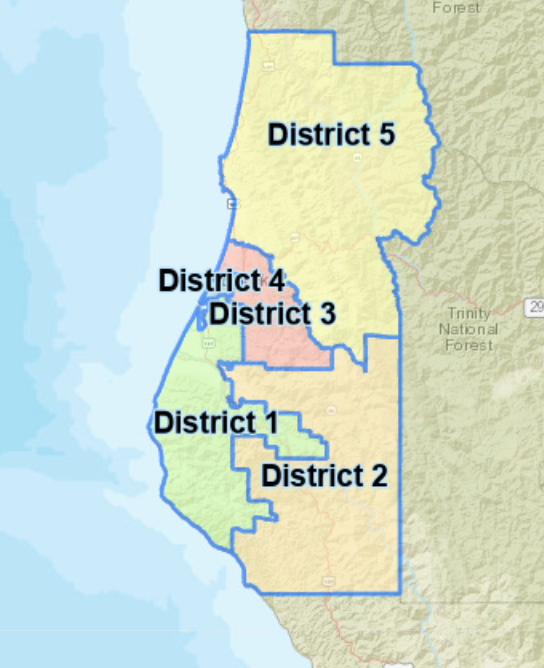Strip Mining Proposal for Wild and Scenic Smith River Denied
- Sep 30, 2014
- 2 min read
Oregon Department of Water Resources has denied the Red Flat Nickel Corporation’s application for the use of 10 gallons per minute from a tributary to the Wild and Scenic Smith River – one of the last undammed free-flowing rivers in the country. The Environmental Protection Information Center, along with a coalition of groups from Oregon and California called Kalmiopsis spearheaded a campaign to oppose the destructive proposal, and over 3,000 comments were submitted during the 60 day public comment period.
The mining proposal included the use of large quantities of water, road construction, drilling and the possible release of environmentally persistent toxic chemicals and sediment from contaminated retention pools. In a statement regarding the nickel mine proposal, Natalynne Delapp, Executive Director for the Environmental Protection Information Center, said “this is a good example of inner-state collaboration and community participation; more than 1,200 EPIC members submitted comments on this proposal sending a clear message to decision-makers that we need to protect this pristine river system.”
The area that was proposed for the mining operation is home to rare botanical resources as well as sensitive threatened coho salmon and fish species that rely on the pristine cold waters of the Smith River drainage. The California Department of Fish and Wildlife recommended denial of the application iterating the importance of the Smith River being one of two watersheds in California described as “irreplaceable” with respect to salmonid population resiliency and biodiversity.
The Smith River is designated as a National Recreation Area and is used for large institutional water users, irrigators, and domestic uses. In 1998 the State of California issued a Declaration of Fully Appropriated Stream Systems, which effectively removed the Smith from further appropriation in California.
In the Final Order to Deny, the Oregon Water Resources Department concluded that the water is not available for the proposed use, the use would be detrimental to public interest, and that “there is no basis for appropriate conditions that can be applied to mitigate likely impacts to water quality and sensitive, threatened, and endangered species.”





Comments